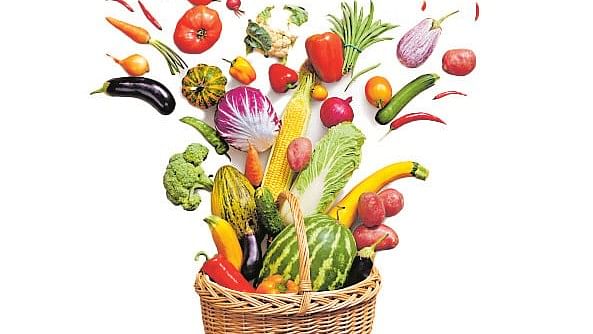
Image for representation
Credit: iStock
Thalassemia is a common inherited blood disorder characterised by defective production of haemoglobin, leading to inadequate oxygen supply to tissues. To manage this, an affected child often requires chronic blood transfusions, which can result in iron overload as the body has limited capacity to excrete excess iron. This overload can lead to dysfunction of vital organs, including the heart, liver, and endocrine system.
Nutritional requirements
Nutrition plays a crucial role in maintaining overall health. A balanced diet provides the body with the necessary raw materials for optimal functioning. This principle applies to individuals with Thalassemia, whether they are transfusion-dependent or independent. Macronutrients, such as carbohydrates, protein, and fat, should be consumed in balanced amounts. However, good quality protein intake is very vital as most Thalassemics are growing children and are in their metabolic phase.
Micronutrients
Micronutrients, especially vitamins, are essential for blood cell production. Folic acid and vitamin B12, found in green leafy vegetables, sprouts, dairy products, and red meat, are crucial. Thalassemics often require daily folic acid supplements. Deficiencies in fat-soluble vitamins like A, D, E, and K are common, especially in transfusion-dependent individuals. Vitamin D supplementation is crucial for maintaining bone health, along with calcium.
Minerals
Multivitamin supplements with low or no iron content can help maintain good metabolism. Iron-rich foods should be avoided, and techniques like consuming tea with meals or avoiding vitamin C-rich foods with iron-containing foods can help reduce iron absorption.
However if on good chelation, they can be a bit liberal with iron intake.
The author is a consultant in paediatric oncology, haematology and BMT.